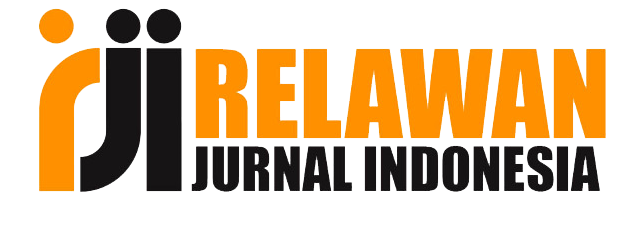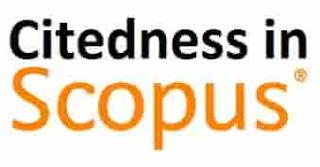Redirecting EFL writing instruction through mind mapping technique in senior high school
DOI:
https://doi.org/10.33474/j-reall.v1i2.6895Keywords:
writing ability, mind mapping techniqueAbstract
The purpose of this research was to see the effects of Mind Mapping Technique toward students' writing ability especially in writing descriptive text. The results of Post-test experiment and control class were used to confirm the hypothesis. The population of this research was all of the students at X grade of Senior High School 3 Padang Panjang, consisting of 96 students who spread in 3 classes. Two classes were taken as sample by using cluster random sampling. Writing test was used to collect the data. The treatments were done in six meetings. The data of this research were analyzed by using Statistical Product and Service Solution (SPSS) Program. The result showed that the mean score of students' post-test at experimental class was (65.94) higher than those of control class (58.16). The calculation of the test showed that t-calculate was (8.27) higher than t-table (1.67) at the significant level of .05 meaning that students who were taught through Mind Mapping technique produced better writing skills in descriptive text. It can be concluded that teaching writing by using mind mapping technique gave significant difference on students' writing ability at X grade of Senior High School 3 Padang Panjang. Therefore it is recommended that English teachers should use this technique to improve students' writing ability.
References
Alamsyah, Maurizal. (2009). Kiat Jitu Meningkatkan Prestasi Dengan Mind Mapping. Yogyakarta: Mitra Pelajar
Bukhari, Syeda. (2016). Mind Mapping Techniques to Enchance EFL Writing Skill. 4. (1). American Research Institute for Policy Reserved.
Buzan. (2002). How in Mind Mapping: The Ultimate Thinking That Will Change Your Life. London. Thorson
Brown, H. Douglas. (2000). Principle of English Language Learning and Teaching. New Jersey: Prentice Hall Regents.
Edwards, John. (2009). Language and identity: An introduction. Cambridge: Cambridge University Press.
Gardner, Howard. (1999). Intelligence Reframe: Multiple Intelligences for the 21s Century. New York: Basic Books.
Graham, Steve, Charles A. MacArthur, Jill Fitzgerald. (2013). Best Practices in Writing Instruction. 2nd Edition, London: The Guilford Press.
Harmer, Jeremy. (2001). the Practice of English Teaching. London: Longman
Hyland, Ken. (2003). Second Language Writing. UK: Cambridge University Press
Jacobs. (1981). Language Assessment Principles and Classroom Practice. Longman.
Khoiriyah. (2014). Increasing The Students' Writing Skill Through Mind Mapping Technique. 1. (2). Universitas Nusantara PGRI Kediri
Oshima, Alice and Ann Hogue. (2004). Writing Academic English. New York: Pearson Education, Inc.
Richards, J. and Renandya W, (2002). Methodology in language teaching: An anthology of current practice. New York: Cambridge University Press.
Scane, J., Guy, A., & Wenstrom. L. (1991). Think, write, and share: Process writing adult ELS and basic education students. Toronto: The Ontario Institute for Studies in Education.
Downloads
Published
How to Cite
Issue
Section
License
Copyright (c) 2020 Besral Besral, Sari Yustina Luli, Yola Veranita Putri

This work is licensed under a Creative Commons Attribution 4.0 International License.
Authors who publish this journal agree to the following terms:
- Authors retain copyright and grant the journal right of first publication with the work simultaneously licensed under a Creative Commons Attribution License that allows others to share the work with an acknowledgement of the work's authorship and initial publication in this journal.
- Authors can separately make additional contractual arrangements for non-exclusive distribution published by the journal (e.g., publish it in a book), with an acknowledgement of its initial publication in this journal.
- Authors are allowed and encouraged to send their work via online (e.g., in the institutional repositories or their website) after published by the journal.






















